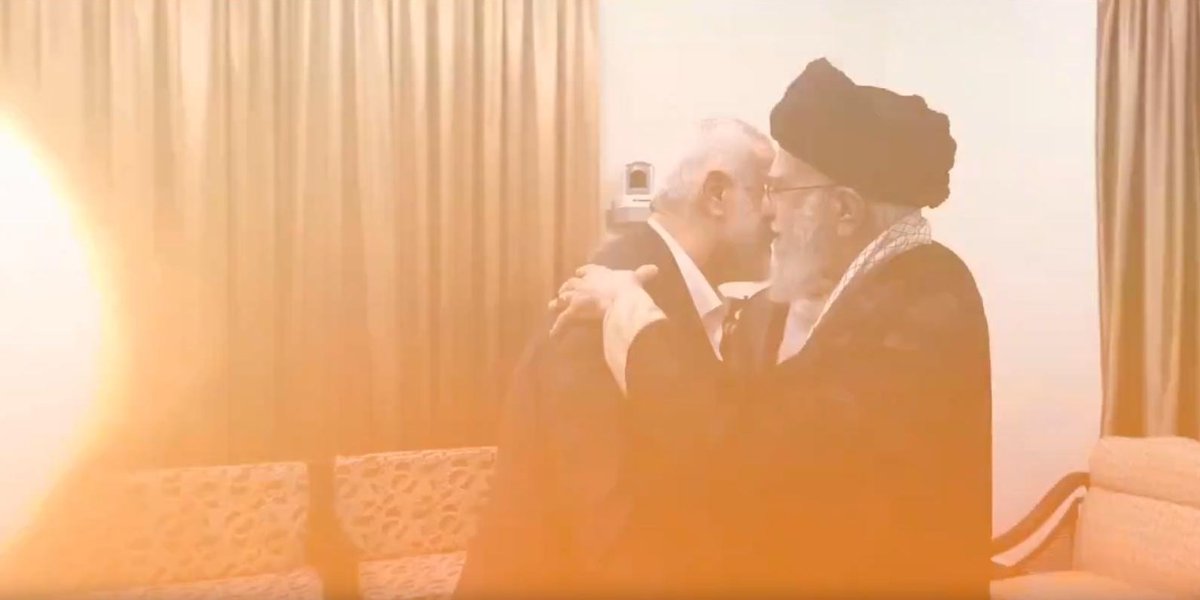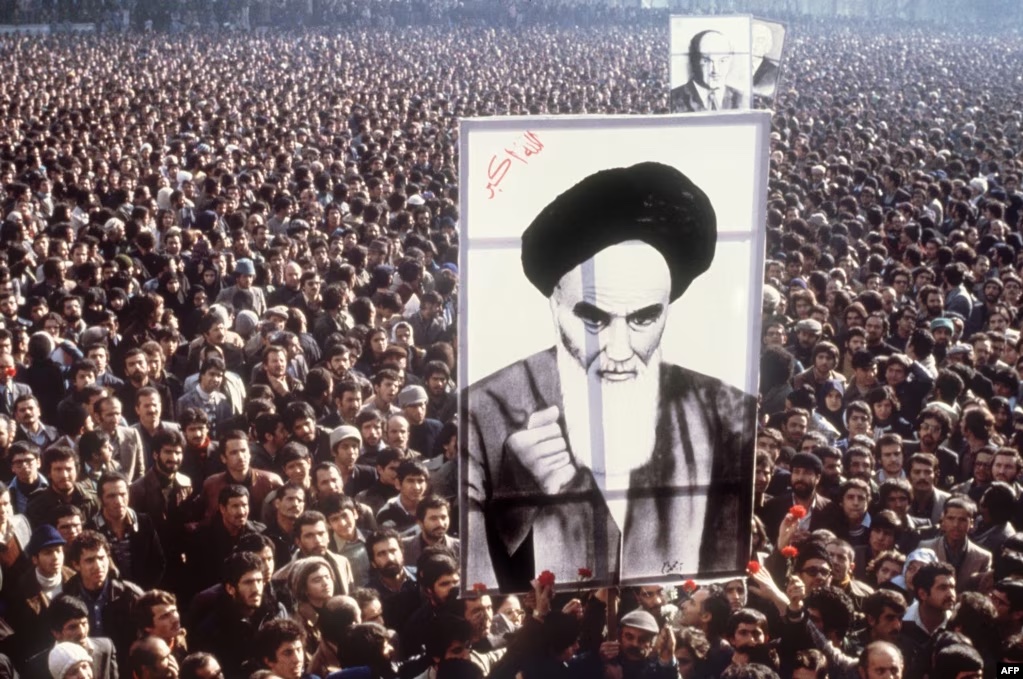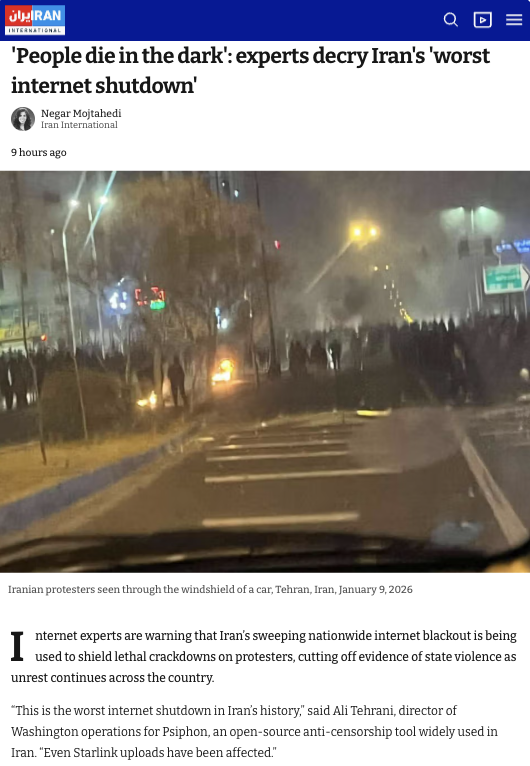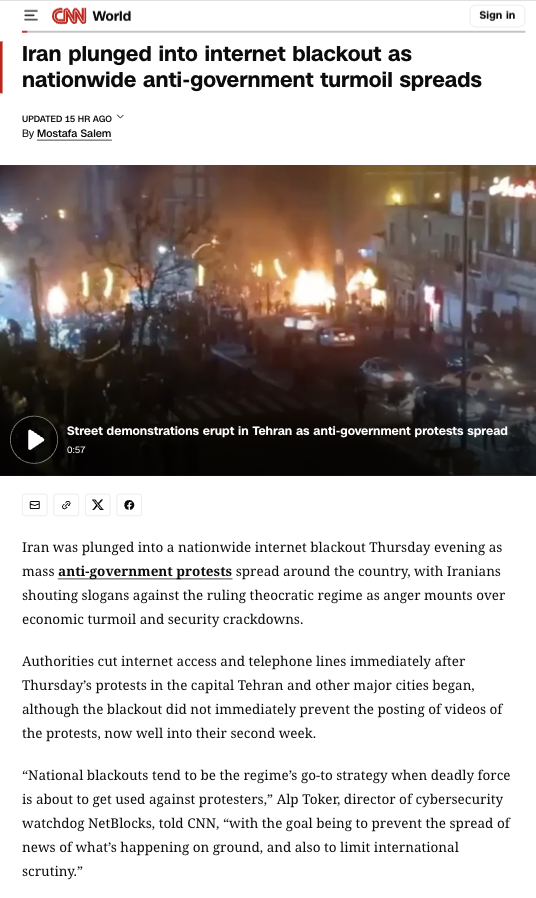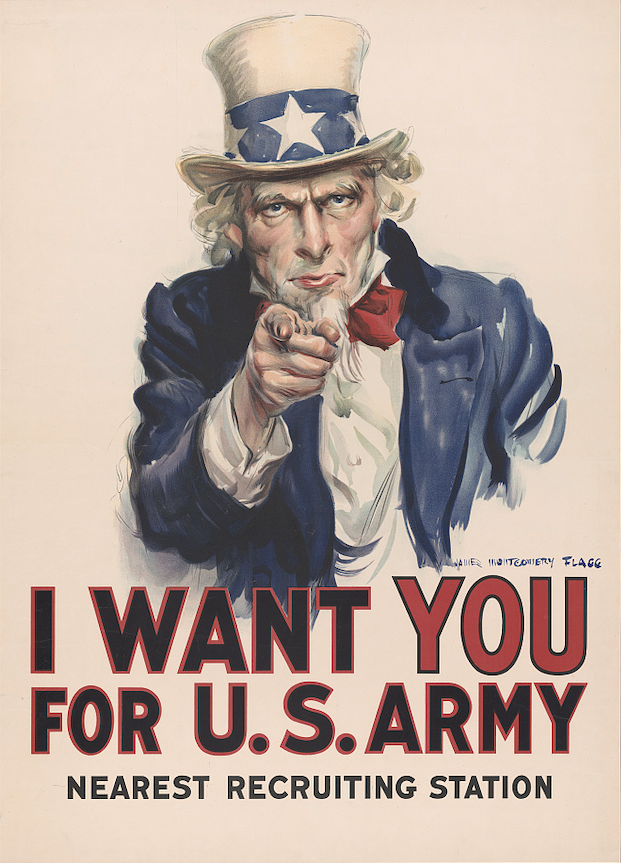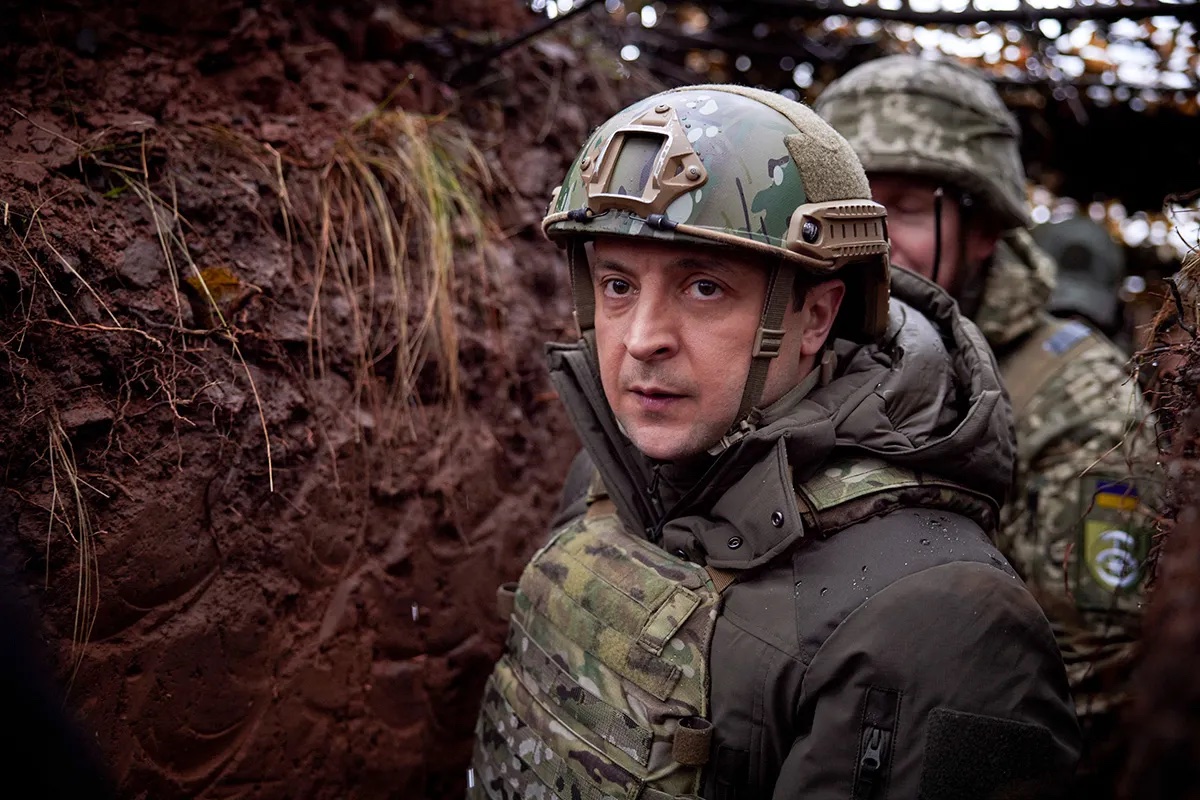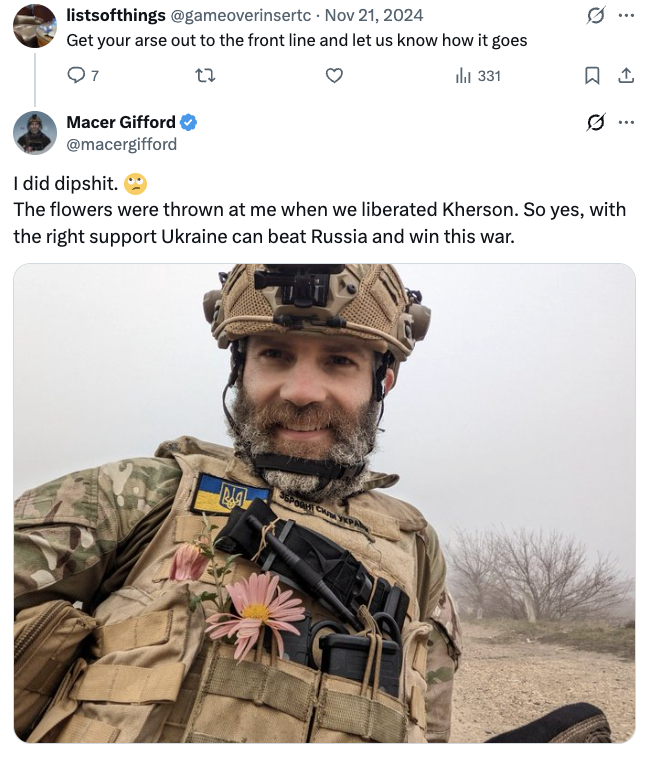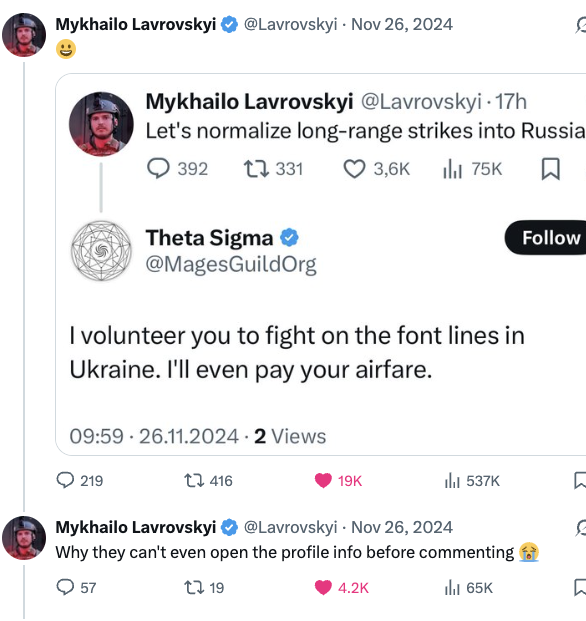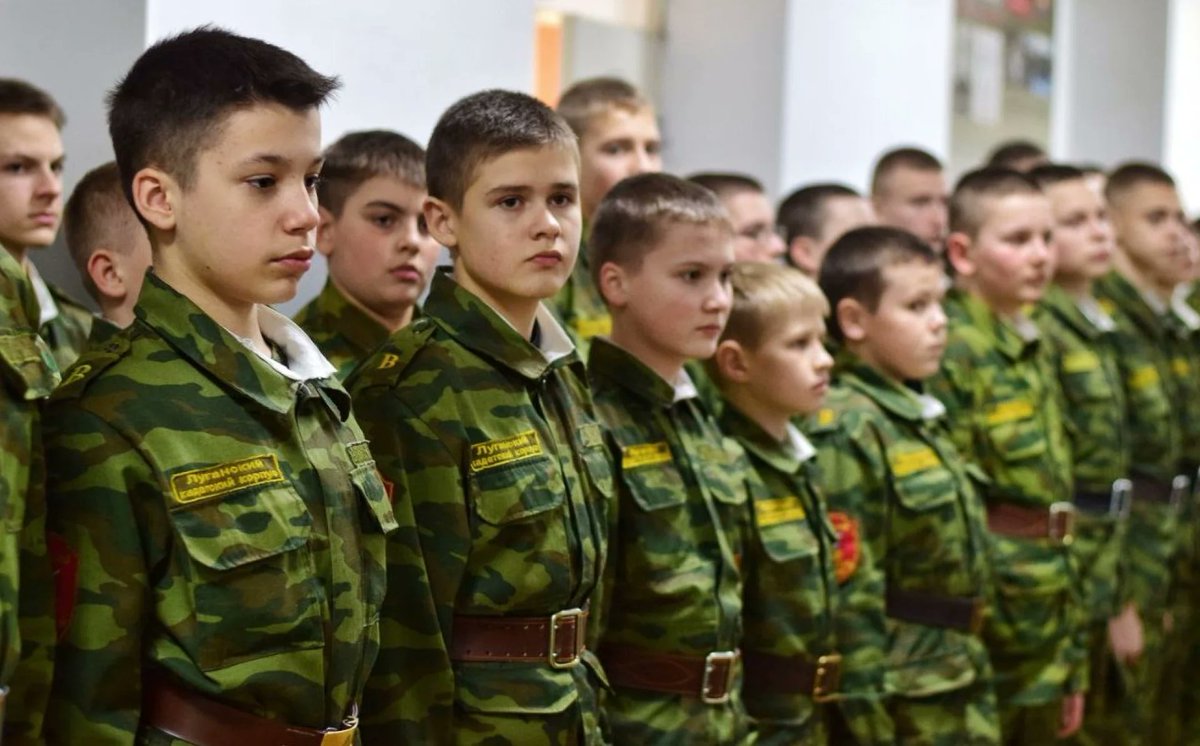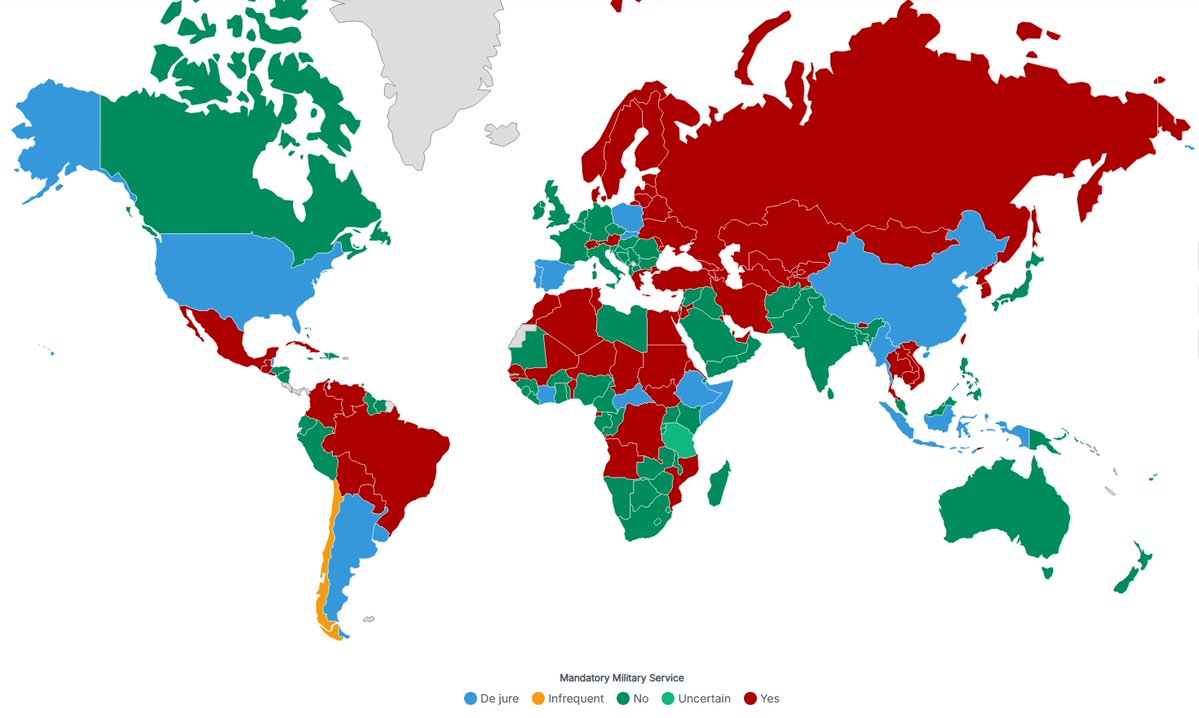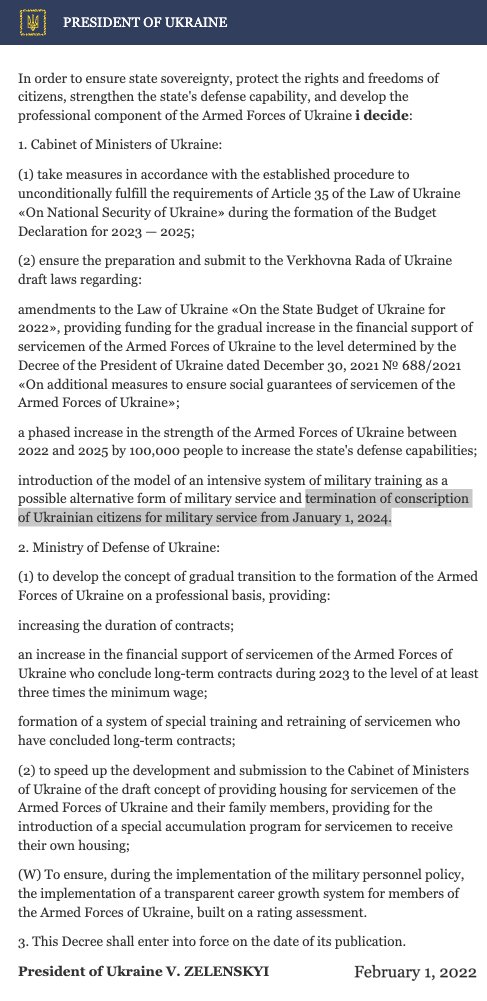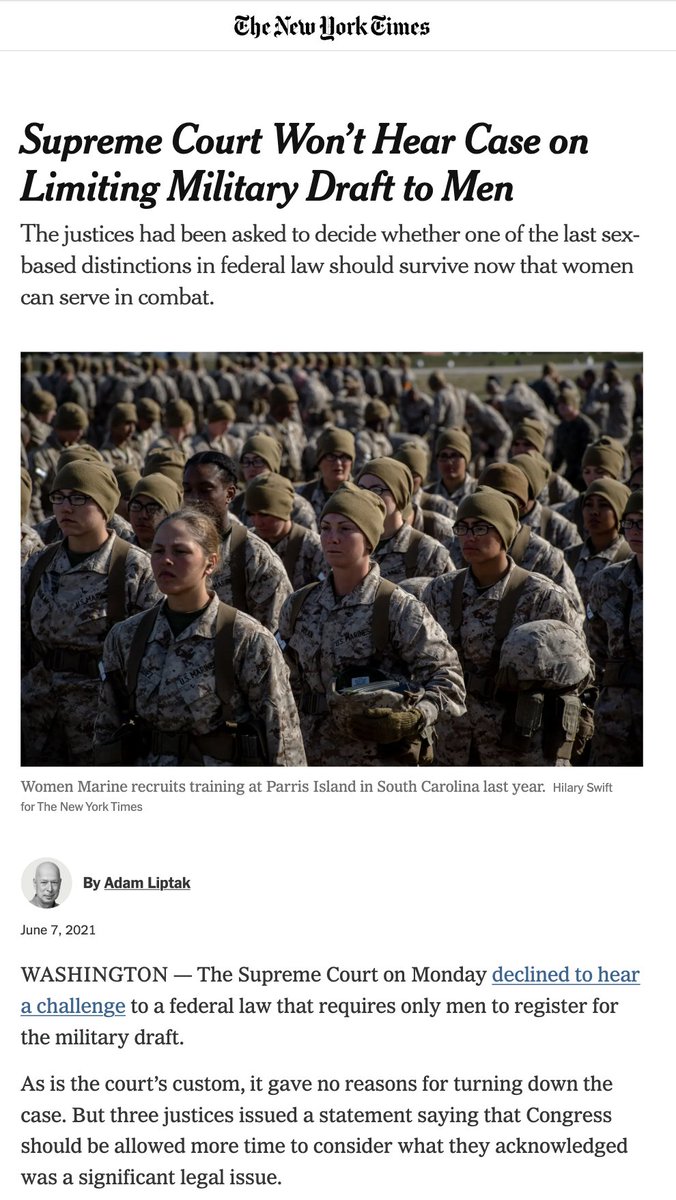In today's #vatniksoup, I'll introduce a German lobbyist, lawyer(!) and former politician, Gerhard Schröder. He's best-known for being the chancellor of Germany, for being BFF's with Putin, and for lobbying for Nord Stream AG, Rosneft and Gazprom.
1/22
1/22

Schröder worked as a lawyer between 1976 and 1990 before he moved to full-time politics. His most famous and controversial case was in 1980 when he helped Horst Mahler of the Baader-Meinhof terrorist group to be released early from prison.
2/22
2/22

Mahler then returned back to practicing law with the help of Schröder. In Apr 2017, Mahler was again sentenced to prison for 3½ years.
Gerhard joined the Social Democratic Party in 1963. Then comes the decades of boring politics and policy stuff, power struggles inside...
3/22
Gerhard joined the Social Democratic Party in 1963. Then comes the decades of boring politics and policy stuff, power struggles inside...
3/22
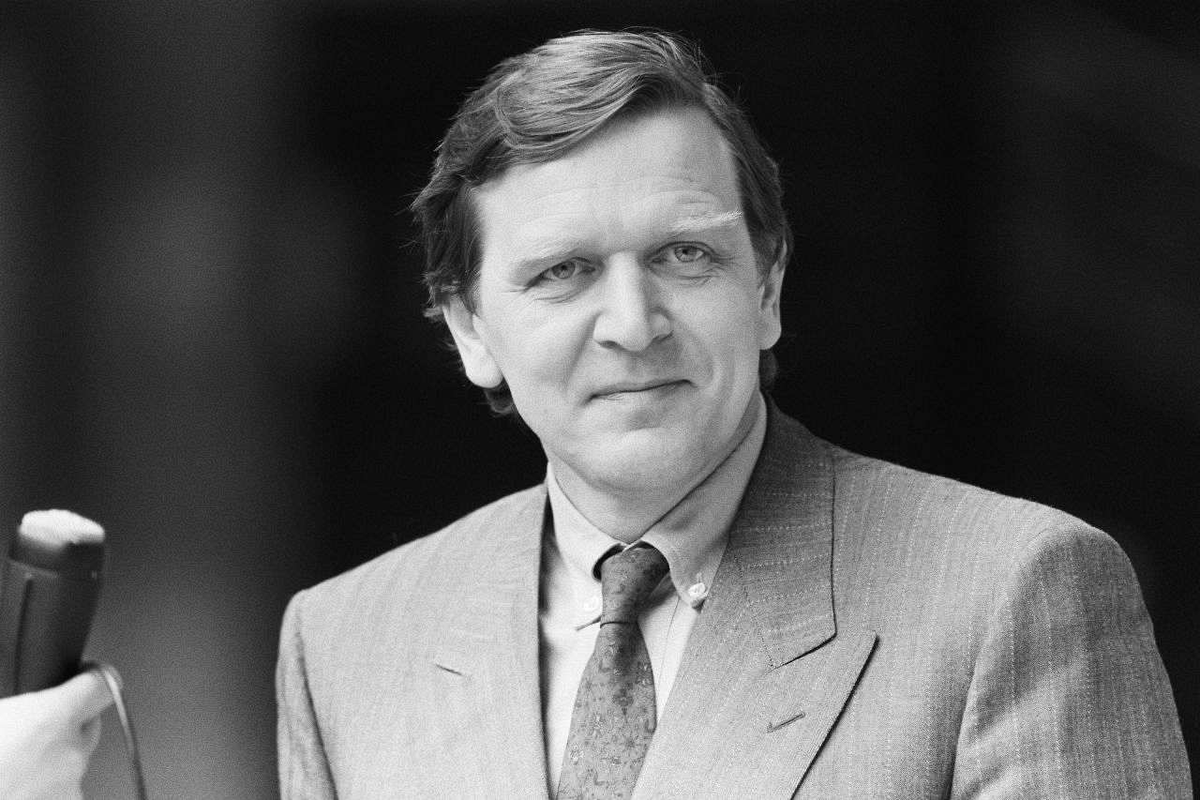
...and outside the party, the whole circus. Then, in 2005 his party lost the 2005 federal election, after which Schröder showed his true colors. The election was extremely tight, but CDU's Angela Merkel finally took the chancellor position and on 23 Nov 2005, Schröder...
4/22
4/22

...resigned his Bundestag seat. Only a few days after this, Gerhard joined the board of directors of the joint venture for the Nord Stream - it was time to make some (dirty) money!
But Schröder's bromance with Putin had started years before, and in Jun 2000, the NYT...
5/22
But Schröder's bromance with Putin had started years before, and in Jun 2000, the NYT...
5/22
...reported on the warm relationship of these two "brothers from another mother" extensively. They had met four times in a span of three days, and Putin jokingly commented on their relationship: "What do you want us to say - that we're in love?".
6/22
6/22

He then continued: "Germany is Russia's leading partner in Europe and the world". Schröder stated that he and his wife had accepted an invitation to spend the Christmas with the Putins.
This also marked the beginning of close economic relations between Germany and...
7/22
This also marked the beginning of close economic relations between Germany and...
7/22
...Russia - the same relations that bit Germany up the arse after Russia's full-scale invasion. These meeting also took place two months after Russia had capitulated Chechnya, ending the 2nd Chechen War.
8/22

8/22


In 2004 he called Putin a "flawless democrat". Few days later Putin congratulated his puppet leader Viktor Yanukovych for winning the Ukrainian presidential elections. Few months prior the Russians had allegedly poisoned Yanukovych's opponent, Viktor Yushchenko.
9/22

9/22


Gerhard visited Russia five times while in office, but he wasn't close with just Russia: he also visited China six times. He was one of the few who pressured the EU lift their arms embargo on China.
In 2007, when Estonia removed a Soviet-era war memorial from Tallinn...
10/22
In 2007, when Estonia removed a Soviet-era war memorial from Tallinn...
10/22

...& Russia conducted a devastating cyberattack on Estonian infrastructure,Gerhard came & defended the Kremlin perspective. He claimed that Estonia had contradicted "every form of civilised behaviour", referring to the 🇪🇪 efforts to remove a statue of their former oppressor.11/22 

In 2008, during the South-Ossetia War, Schröder laid the blame solely on Georgian President Mikhail Saakashvili and "the West", hinting that they provoked the war.
He likened the annexation of Crimea to NATO bombing of Yugoslavia, stating that both cases violated...
12/22

He likened the annexation of Crimea to NATO bombing of Yugoslavia, stating that both cases violated...
12/22


...the international law and the UN charter. He said that Putin had justifiable "fears about being encircled", referring to the age-old "NATO expansion" trope. Schröder celebrated his 70th birthday with Putin in St. Petersburg a month after the annexation.
13/22
13/22

In his memoirs, Schröder wrote that "It would be wrong to place excessive demands on Russia when it comes to the rate of domestic political reform and democratic development, ...
14/22
14/22

...or to judge it solely on the basis of the Chechnya conflict", basically saying that we should let Russia continue their genocidal imperialism as long as they keep sending him money.
15/22
15/22

Schröder's involvement in Nord Stream AG was criticized by many, including his political opposition and the countries over whose territory these gas pipes would be built. US Democrat Tom Lantos went as far as calling Gerhard a "political prostitute".
16/22
16/22

In 2009 Schröder increased involvement in Russian dirty money by joining the board of a British-Russian joint venture TNK-BP. In 2016 he became the Manager of Nord Stream 2, an expansion of the first pipeline, solely owned by Russian Gazprom.
17/22
17/22

In 2017, Russia nominated him to serve as an independent director of Russian Rosneft. During the nomination, Rosneft was under Western sanctions over the Ukraine conflict. But for Gerhard this didn't matter, as the gig paid 350 000 USD annually.
But wait, that's not all!
18/22
But wait, that's not all!
18/22

In 2022, three weeks before Russia's full-scale invasion of Ukraine, Schröder was invited to the board of directors of Gazprom. During this time he was heavily criticized by both national and international press.
19/22
19/22

He didn't believe that Russia would invade Ukraine, calling it Western "saber rattling". By this time, he was receiving nearly 1 million USD annually from Russian energy companies.
20/22
20/22

To conclude: Schröder and his pals Heino Wiese and a former Stasi-agent and Putin confidant, Matthias Warnig, have been involved in dirty Russian energy deals since the early 2000s, without showing a hint of remorse.
21/22

21/22


In Gerhard's own words: “Why should I apologize?”
To honor Putin and the "traditional family values" he so often refers to, Gerhard has been married only five times.
22/22
Ping: @Biz_Ukraine_Mag @RBingener @mwehner4
To honor Putin and the "traditional family values" he so often refers to, Gerhard has been married only five times.
22/22
Ping: @Biz_Ukraine_Mag @RBingener @mwehner4

Support my work: buymeacoffee.com/PKallioniemi
Past soups: vatniksoup.com
Related soups:
Paavo Lipponen:
Putin's Web:
Past soups: vatniksoup.com
Related soups:
Paavo Lipponen:
https://twitter.com/P_Kallioniemi/status/1585524949070106626
Putin's Web:
https://twitter.com/P_Kallioniemi/status/1614891614165471233
• • •
Missing some Tweet in this thread? You can try to
force a refresh


